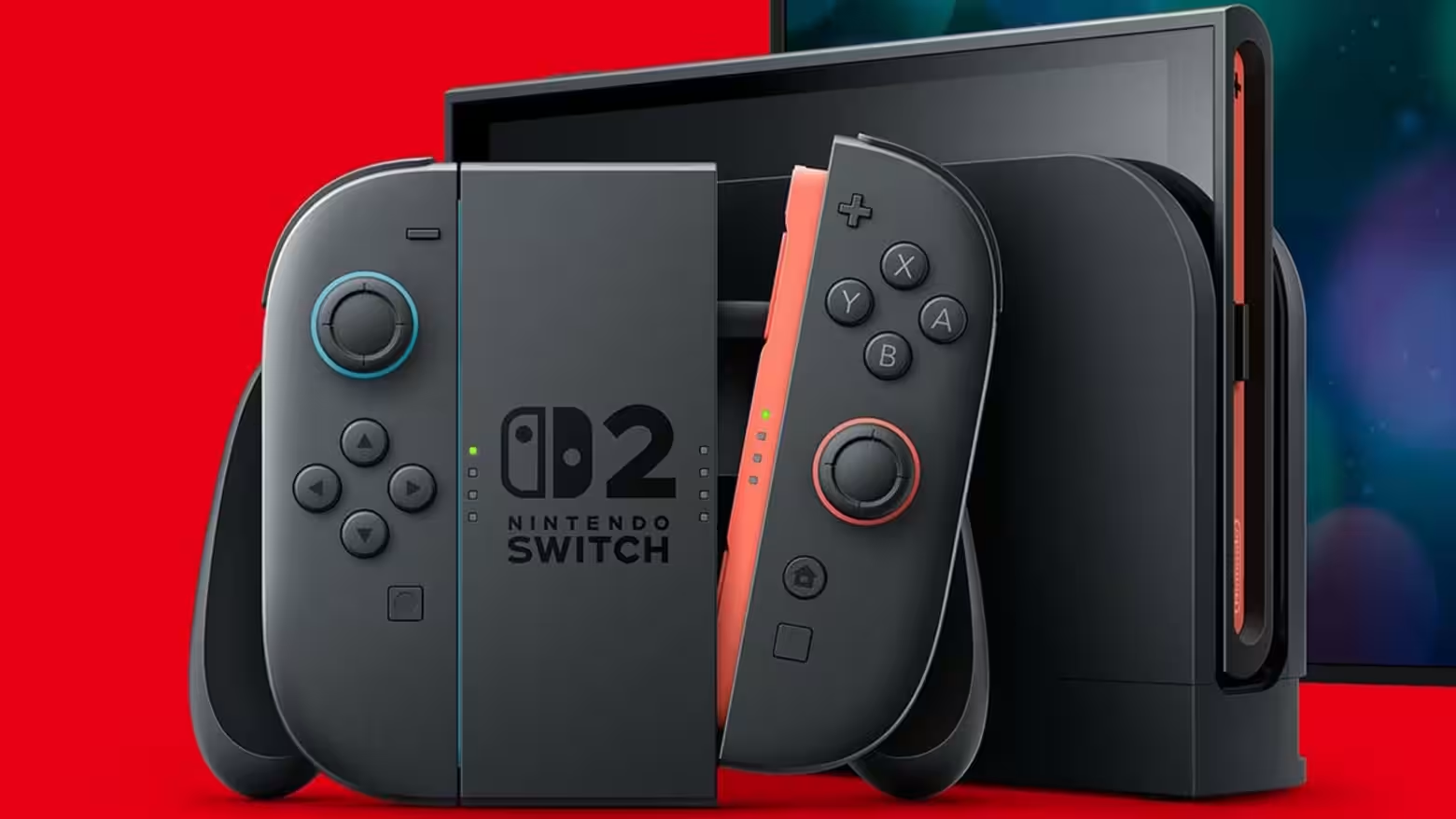getty Many of us carry a powerful computer around with us wherever we go in the form of our mobile devices. Users leverage them every day for communication, entertainment, navigation, information—and, increasingly, to help them manage their health, from tracking exercise to managing medications to meeting with medical professionals from anywhere. Easy portability, real-time connectivity and increasingly sophisticated sensors make mobile devices like smartphones and wearables outstanding tools to help users manage their ongoing health and wellness journeys.
Further, they’re opening up new possibilities for medical professionals to monitor, study, treat and advise patients. Below, members of Forbes Technology Council detail some of the specific ways mobile devices are (or soon will be) supporting users’ wellness and enhancing healthcare research and delivery. Decentralized clinical trials enabled by smartphone participation are revolutionizing medical research.

By allowing patients to enroll, provide consent and submit real-world data through their phones, these trials are dramatically more diverse and representative than traditional site-based studies. This approach is accelerating drug development while ensuring new treatments work effectively. - Marc Fischer , Dogtown Media LLC Mobile devices are vital in health management, as they enable real-time communication between teams.
Mobile-based clinical communication apps integrated with medical devices, electronic health records and other systems deliver critical notifications about patients to ensure that healthcare providers can make timely decisions and intervene quickly, improving patient outcomes and care coordination overall. - Judit Sharon , OnPage Corporation Forbes Technology Council is an invitation-only community for world-class CIOs, CTOs and technology executives. Do I qualify? Doctors across the world are starting to use mobile apps to record and transcribe their diagnosis discussions with patients.
This allows them to spend more time talking to patients and giving them personal attention, rather than just writing down page after page of notes during the little time they have with patients. Done right, this is great for accuracy and patient care. - Deepak Bhaskaran , Cisco Systems Inc.
Mobile devices are playing a role in health management through continuous monitoring and real-time alerts from wearables and smartphones. These devices can now track vitals like heart rate, blood sugar and oxygen levels, sending instant alerts to users and doctors. Soon, AI-powered health apps will provide personalized diagnostics and early disease detection, making healthcare more proactive and accessible to everyone.
- Nikita Gupta , Symba Mobile devices and applications play an integral role in health management by putting data directly into patients’ hands and empowering them to take charge of their health and well-being. When paired with primary source data, apps can remind patients to take medications, adhere to meal or exercise plans and track progress, creating a feedback loop for more cost-effective, personalized care. - Eron Kelly , Inovalon Mobile applications powered by AI will play an essential part in improving patient care and providing post-treatment support through personalized recommendations for workout and diet plans.
Moreover, AI-powered healthcare mobile apps will offer therapeutic exercises based on the patient’s medical conditions using mental health chatbots and check symptoms to offer the right medication. - Nadeem Khan , VIDIZMO LLC Mobile devices are evolving into personal diagnostic hubs. Emerging apps can use a smartphone’s camera and microphone to screen for conditions like anemia or respiratory issues just by analyzing a fingertip image or cough sound.
This turns everyday devices into accessible, noninvasive health tools. - Balasubramani Murugesan , Digit7 Mobile devices will soon act as “digital twins” for personal health, continuously simulating an individual’s body using AI to predict potential illnesses before symptoms appear. They’ll integrate real-time biometrics with environmental data, offering hyper-personalized health alerts.
This shifts healthcare from reactive treatment to proactive prevention, redefining wellness management. - Sameer Mohammed , Ooredoo Mobile devices now enable continuous glucose monitoring for diabetes management, with body-worn sensors transmitting real-time glucose levels directly to smartphone apps. This eliminates finger pricks, provides trend analysis, sends alerts for dangerous levels and allows remote monitoring by healthcare providers and family members.
- Mohit Menghnani , Twilio AI and machine learning can revolutionize health management by creating tools like chatbots that can detect early signs of mental health issues and analyze voice patterns for early detection of neurological disorders like Parkinson’s. Mobile devices can track environmental toxins, enabling individuals to monitor exposure and take proactive steps to reduce health risks. - Pooja Jain , Meta (Facebook) I’ve worked on several health apps, including those that integrate with medical equipment like ultrasounds.
These apps allow healthcare providers to offer advanced diagnostic tools directly through mobile devices. Mobile technology is bridging the gap for communities that previously lacked access to these essential tools, enabling better care, faster diagnoses and more affordable healthcare solutions. - Aishwarya Suresh , Medtronic Inc.
Mobile devices will soon use photoplethysmography via cameras to detect cardiovascular abnormalities by analyzing subtle changes in skin color from blood flow. This passive, camera-based heart health check could be triggered during regular selfie use, making casual phone habits a gateway to early cardiovascular disease detection. - Jagadish Gokavarapu , Wissen Infotech Beyond telehealth, sleep monitoring and fitness tracking, mobile apps are opening up new avenues for therapeutic exercises.
For instance, augmented reality apps can capture data on a patient’s range of motion, balance and speed, enabling real-time self-correction and remote clinician monitoring. Often, these AR apps incorporate gamelike elements to make repetitive exercises more engaging. - Konstantin Klyagin , Redwerk One specific way mobile devices are advancing health management is through wearable health rings that monitor vital signs, sync with smartphones and automatically alert nearby loved ones during a crisis.
By enabling 24/7 monitoring and instant communication, they support quicker responses and improved outcomes. This enhances healthcare delivery and boosts real-time user engagement. - Sourav Sethia , Amazon Mobile phones are transforming medical inventory management with RFID sensors, barcodes, BLE beacons and NFC tags for real-time tracking of supplies.
Environmental sensors ensure proper storage conditions for sensitive items, while GPS tracks inventory in transit. Smart shelves with weight sensors update stock levels automatically, improving efficiency and accuracy and minimizing waste. - Amy Gu , Dynamsoft Smartphones are merging augmented reality and AI to simplify medication routines.
By scanning labels, verifying pill shapes and sending real-time alerts, users can minimize errors, track adherence and share data with providers. This proactive approach streamlines chronic care and fosters personalized patient support. Expect tailored tools that keep patients engaged, enhancing real-time outcomes.
- Murugan Lakshmanan.
Technology

16 Ways Mobile Devices Can Support Health And Wellness

Portability, connectivity and smart sensors make mobile devices optimal tools to help users manage their health and medical professionals to monitor and treat patients.















